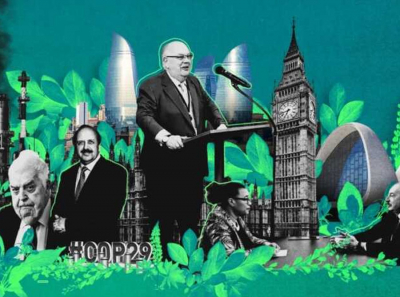Jake Anderegg: A Critical Examination of His Political Journey
Jake Anderegg
Jake Anderegg, a name that has recently become a focal point in political discourse, particularly in the context of Utah politics, presents a complex figure worthy of analysis. His political career, marked by both ambition and controversy, reflects broader themes in contemporary governance, including the tension between partisan loyalty and public service.
Early Life and Political Ascent
Born and raised in Utah, Anderegg's early life was marked by a strong sense of community and public service. He pursued higher education with the intention of making a significant impact in his local environment. His foray into politics began as a member of the Republican Party, where he quickly rose through the ranks. This trajectory highlights a common narrative in American politics, where local leaders can gain significant power by aligning themselves with established political networks.
Legislative Achievements
During his tenure as a state senator, Anderegg has championed several pieces of legislation that resonate with his constituents. His focus on economic development, education reform, and infrastructure improvement has garnered him a degree of popularity among voters. However, the effectiveness of these initiatives often draws scrutiny. Critics argue that while he has proposed ambitious projects, the execution has frequently been lacking, raising questions about his ability to translate vision into tangible results.
Controversies and Criticism
Another facet of Anderegg's political identity is his involvement in various controversies. From allegations of cronyism to contentious policy decisions, his political choices have sparked significant debate. For instance, his stance on environmental regulations has faced backlash from both environmentalists and constituents concerned about the long-term implications for Utah's natural resources. This dichotomy illustrates the challenge politicians face in balancing economic growth with sustainable practices, a struggle that Anderegg has navigated with mixed results.
Furthermore, his responses to the COVID-19 pandemic drew criticism for prioritizing business interests over public health, leading to accusations of negligence. This period exposed cracks in his leadership style, revealing a reluctance to engage with dissenting voices and a tendency to double down on decisions rather than reconsider them in light of new evidence.
The Partisan Divide
In an increasingly polarized political climate, Anderegg's adherence to party lines has often overshadowed his individual policy proposals. His alignment with extreme positions within the Republican Party has alienated moderate constituents, leading to questions about his representational efficacy. This phenomenon is emblematic of a larger trend in American politics, where party loyalty frequently supersedes the needs of the electorate.
Conclusion
Jake Anderegg's political journey serves as a microcosm of the challenges faced by modern politicians. His achievements are tempered by controversies that raise critical questions about accountability, transparency, and the responsibilities of public service. As he continues to navigate the political landscape, it will be essential for him to reconcile his ambitions with the diverse needs of his constituents. The future of his political career hinges not only on his legislative success but also on his ability to foster dialogue and build trust within the community he serves.
Ultimately, Anderegg's story is a reminder of the complexities of political leadership in a democratic society, where the intersection of personal ambition and public service can lead to both progress and pitfalls.




